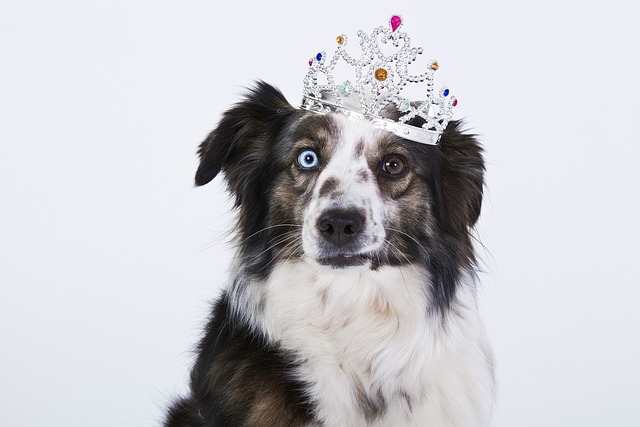
How to test for tetanus in dogs?
Tetanus in dogs often starts with subtle signs most owners miss—like a stiff jaw when grabbing a favorite chew toy or hesitation to climb stairs they once bounded up.
Discovering your dog has elevated urea levels can feel like a gut - punch. High urea, often a sign of kidney or liver stress, can’t be ignored. In many regions, ensuring your pet’s health aligns with animal welfare laws, and finding natural ways to manage it while seeking veterinary guidance is key to your dog’s well - being.
Diet is the first line of defense. Swap your dog’s regular food for a low - protein, highly digestible diet. Look for formulas with lean proteins like white fish or skinless chicken, which are easier on the kidneys. Avoid by - products and fillers that can increase the workload on your dog’s organs. Gradually transition over a week to prevent an upset stomach.
Hydration is crucial. Encourage your dog to drink more water. You can add a bit of low - sodium chicken broth to their water bowl to make it more enticing. Well - hydrated dogs flush out toxins more efficiently, helping lower urea levels. For picky drinkers, try using a water fountain, as many dogs are drawn to running water.
 Certain herbs can offer gentle support. Milk thistle, known for its liver - protecting properties, comes in pet - friendly forms like capsules or tinctures. Turmeric, with its anti - inflammatory benefits, can be added to their food in small amounts. But always consult your vet before introducing new herbs, as some can interact with medications or have side effects.
Certain herbs can offer gentle support. Milk thistle, known for its liver - protecting properties, comes in pet - friendly forms like capsules or tinctures. Turmeric, with its anti - inflammatory benefits, can be added to their food in small amounts. But always consult your vet before introducing new herbs, as some can interact with medications or have side effects.
Probiotics play an important role too. A healthy gut aids digestion, reducing the production of waste products that contribute to high urea. You can find probiotic supplements specifically formulated for dogs, or add plain, unsweetened yogurt (in moderation) to their meals. Just make sure it doesn’t contain xylitol, which is toxic to dogs.
Exercise helps keep your dog’s body functioning optimally. Regular walks or play sessions boost circulation and kidney function. However, don’t overdo it if your dog is already feeling sluggish due to high urea levels. Short, gentle activities are better than intense workouts.
Remember, natural remedies work best alongside professional veterinary care. High urea levels can signal serious underlying issues, and ignoring them violates your responsibility as a pet owner under animal welfare regulations. If you notice other symptoms like lethargy, loss of appetite, or excessive thirst, seek immediate veterinary attention. With a combination of natural approaches and expert advice, you can help your furry friend get back on the road to health.

Tetanus in dogs often starts with subtle signs most owners miss—like a stiff jaw when grabbing a favorite chew toy or hesitation to climb stairs they once bounded up.

If you’re a new dog parent in the US—maybe you’re standing in your Ohio apartment’s pet store aisle, holding a bag labeled “senior dog food” while your 8-year-old Dachshund

If you’re a new dog parent to a senior pup in the US—maybe you’re standing in your Florida apartment’s pet food aisle

Pet owners often worry about hidden health risks for their dogs, and toxoplasmosis is one that flies under the radar for many—understanding how dogs pick it up is key to keeping them safe.

If you’re a new dog parent in the US—maybe you’re standing in your Chicago apartment, staring at your 7-month-old Poodle mix, Bella

Tetanus in dogs comes from bacteria entering open wounds—think a deep cut from a rusty fence nail during a walk, or a scraped paw from digging in contaminated soil.